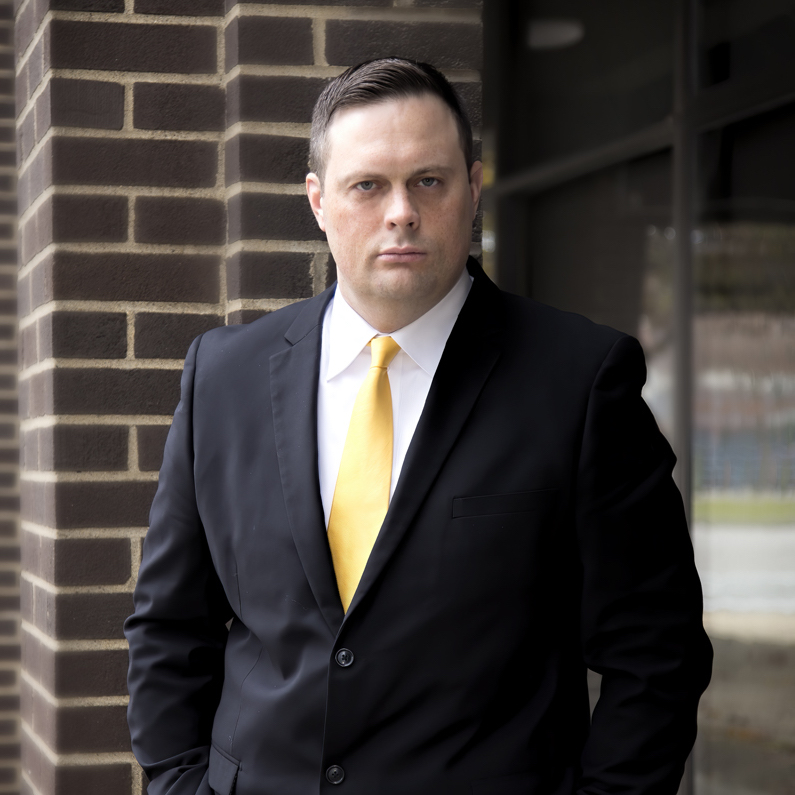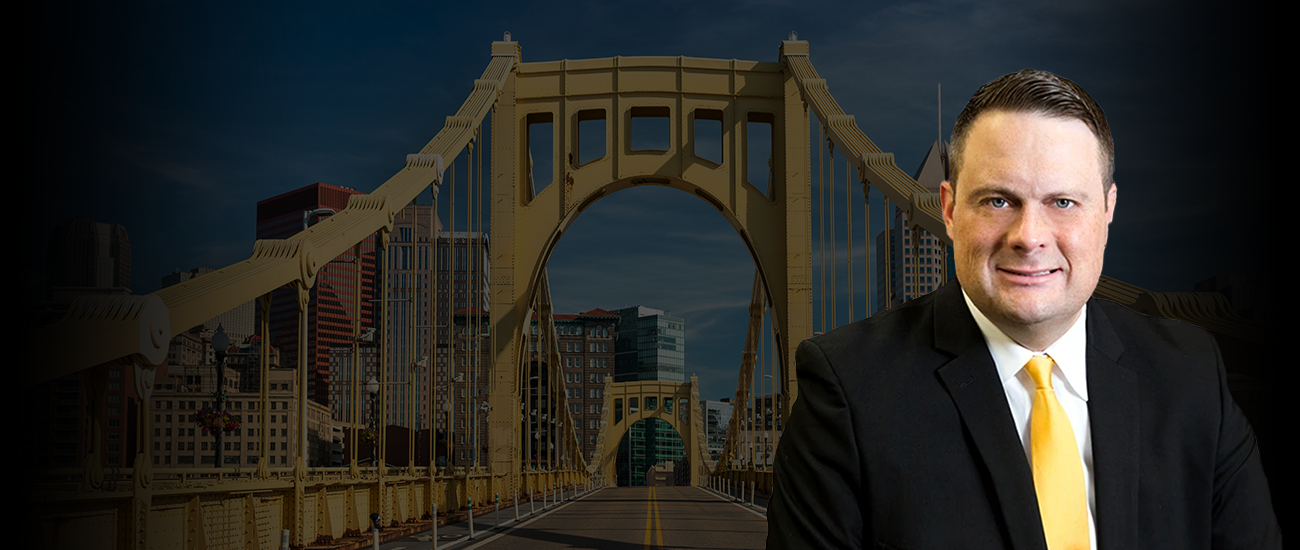WITH US










Pittsburgh Criminal Defense Lawyers
Our Pittsburgh criminal lawyers of Logue Law Group, have successfully represented clients for more than a decade in all types of criminal investigations, arrests, and charges. Our firm has effectively handled thousands of cases, ranging from minor misdemeanors to multiple and serious felonies, at both the state and federal levels. We are here to protect your rights, explain your legal position, advise you on your options, guide you through the often-confusing court process, and stand by your side every step of the way.
We Know How to Help You
As a leading criminal defense firm serving Pittsburgh and the surrounding areas, we bring an abundance of varied experience in defending cases of all sizes and complexity with diligence, tenacity, and proficiency. We are well-versed in Pennsylvania and federal law, the respective legal systems, and the methods and tactics used by law enforcement to investigate and charge individuals with all manner of crimes, from drunk driving to vehicular homicide. Our attorney is a seasoned trial lawyer who remains available 24/7 and returns all calls and texts as soon as possible.
Are you in need of a Pittsburgh criminal lawyer? Contact Logue Law Group online or at 844.PITT.DUI for a free initial consultation about your case today!
What We Do
We have always believed in offering quality legal representation. Hence, we take pride in our methodical approach and strategy for every case. Our attorney will listen to the facts of the case that you present to us and carefully lay out the options available for your defense. We will provide advice and counsel at every phase of the legal process so you understand how the laws will impact your case and can make informed decisions.
We Will Work Hard For You!
Above all, we will work hard to help you achieve optimum results based on the facts of your case. At our firm, we know your future may depend on us and you will never find us short of knowledge and commitment while handling your investigation, arrest, or charges. Attorney Sean Logue has earned many recognitions and awards for his professionalism, including being listed as a Super Lawyers Rising Star, a Top 40 Under 40 Lawyer, and a Top Attorney by Avvo, with the highest rating of 10.0.
Contact Us
The sooner you contact us about your investigation or arrest, the earlier we can intervene to protect your rights, ensure you are treated fairly, and begin gathering the necessary information and evidence in your defense. If you are looking for a law firm that is widely respected for its dedication, commanding knowledge, and proven trial skills, we urge you to look no further than Logue Law Group.
To schedule a free consultation, call 844.PITT.DUI today.

Meet Sean Logue, ESQ.
Sean Logue is a diligent attorney who excels at representing people who have been charged with criminal and traffic offenses in Pennsylvania. He constantly strives to defend his clients in the state and the federal court as well as before other administrative agencies.Client Reviews
Sean is the best criminal defense lawyer ever! He answered all questions and returned all calls and texts. He was informed. He was attentive and got us an outcome that we never expected! Want someone who will fight for you and protect your rights? If yes, then Sean Logue is the attorney you want on...
Sean is the best criminal defense lawyer ever! He answered all questions and returned all calls and texts. He was informed. He was attentive and got us an outcome that we never expected! Want someone who will fight for you and protect your rights? If yes, then Sean Logue is the attorney you want on...
Attorney Logue represented me well and took care of my legal issues superbly. He is a no-nonsense, very knowledgeable and well respected lawyer. I was pleased with his services. Would definitely recommend Attorney Logue to others.
After fighting a ticket from hell that cost me my job, thousands in debt from having no job and threatening my present career, Sean Logue stepped in and the case was dismissed. It's a huge relief to have his professionalism and know-how in your corner!
Pittsburgh Criminal and DUI Lawyer
Domestic Violence / Protection From Abuse (PFA) No one likes Domestic Violence. It is ugly. It can tear a family apart. Prosecutors are quick to file charges for these types of crimes. District...
DUI Charges and Licensed Professionals DUI conviction does more harm to you than mere fines and prison terms. It can have a direct bearing on your career and ability to find good jobs. If...
DUI Laws in Pittsburgh Unfortunately, driving under the influence is on the rise in Pittsburgh as it is elsewhere in Pennsylvania. To curb this problem police and other arms...
Our Office
Free Consultation
You will never find us short of knowledge & commitmentwhile handling your case.





